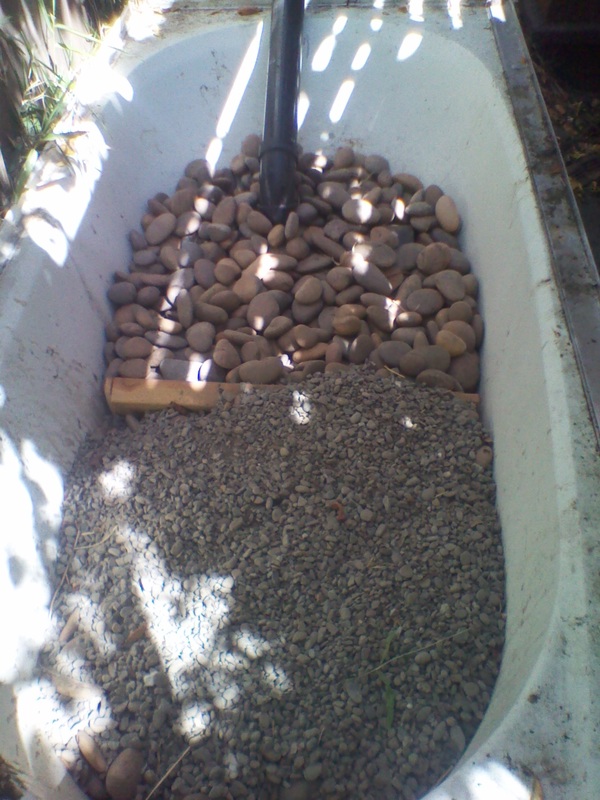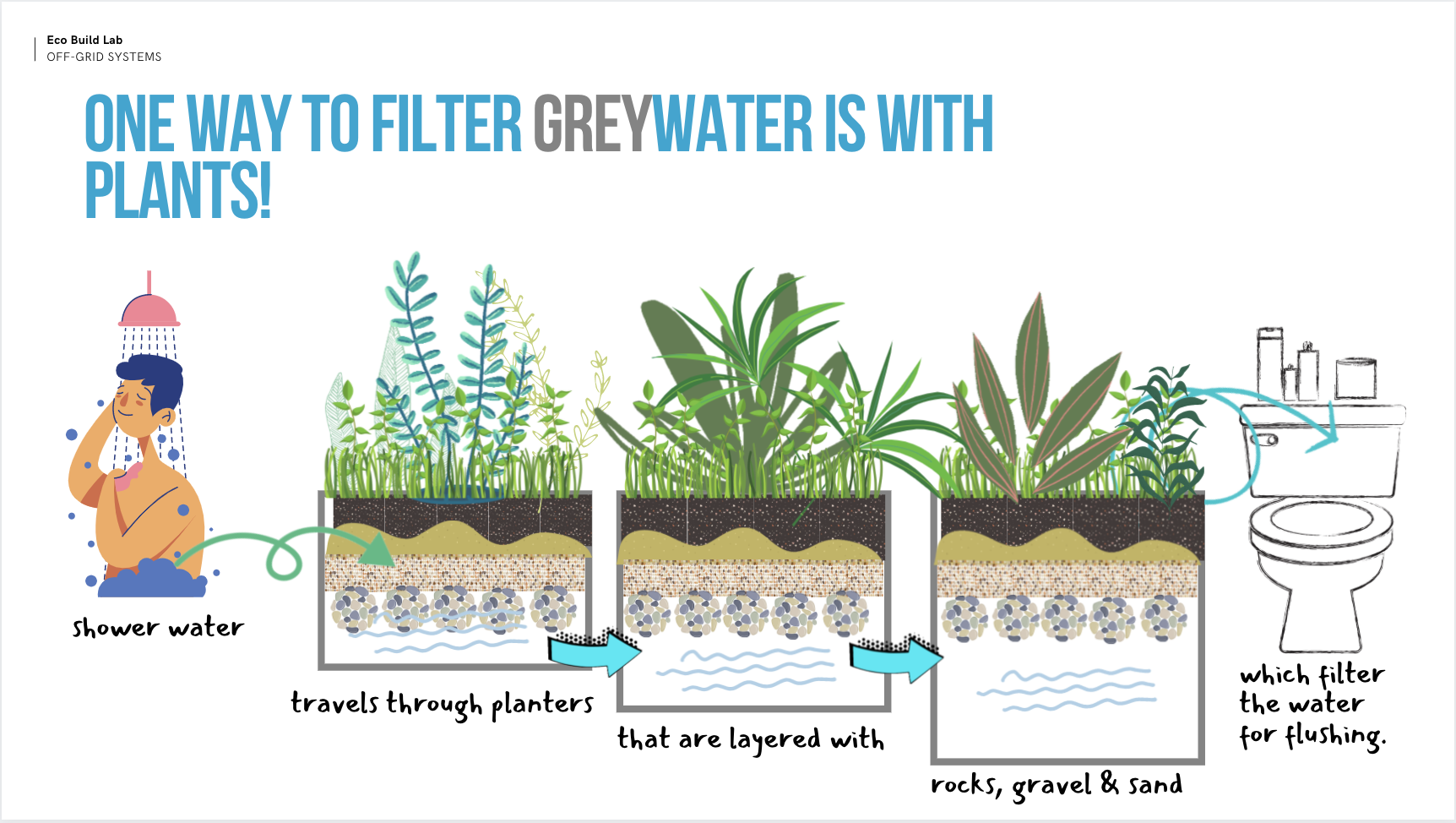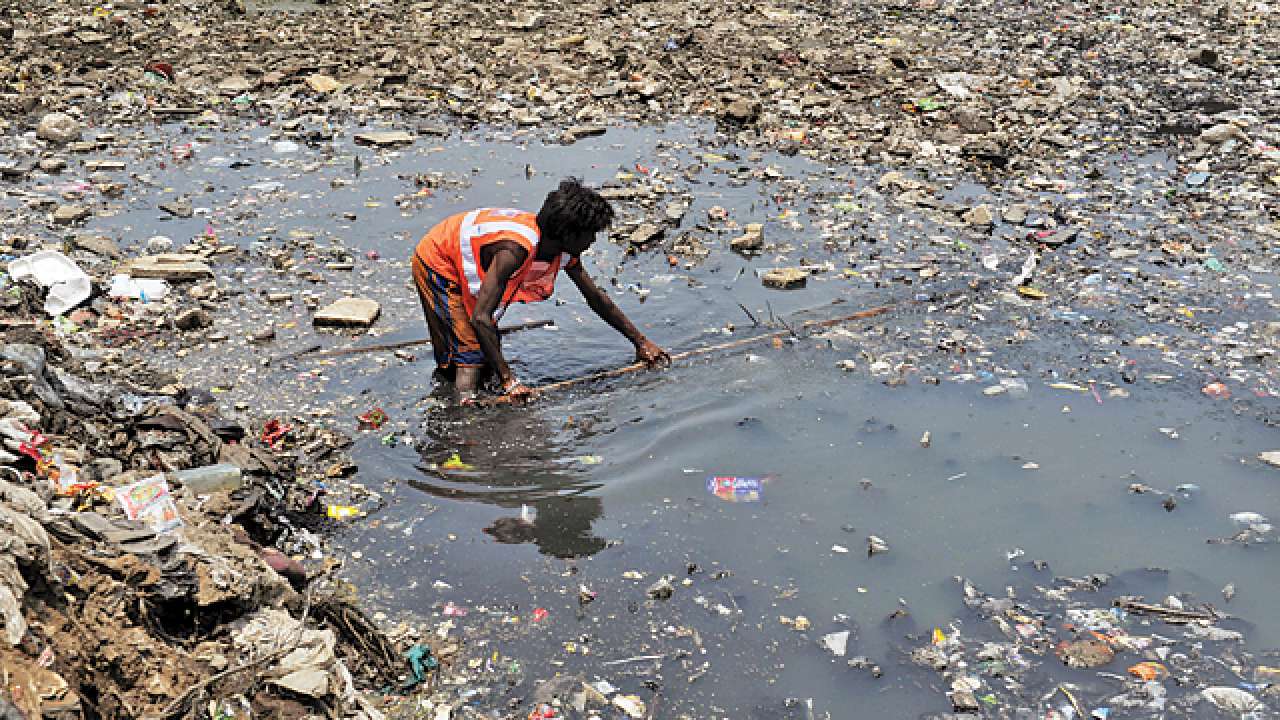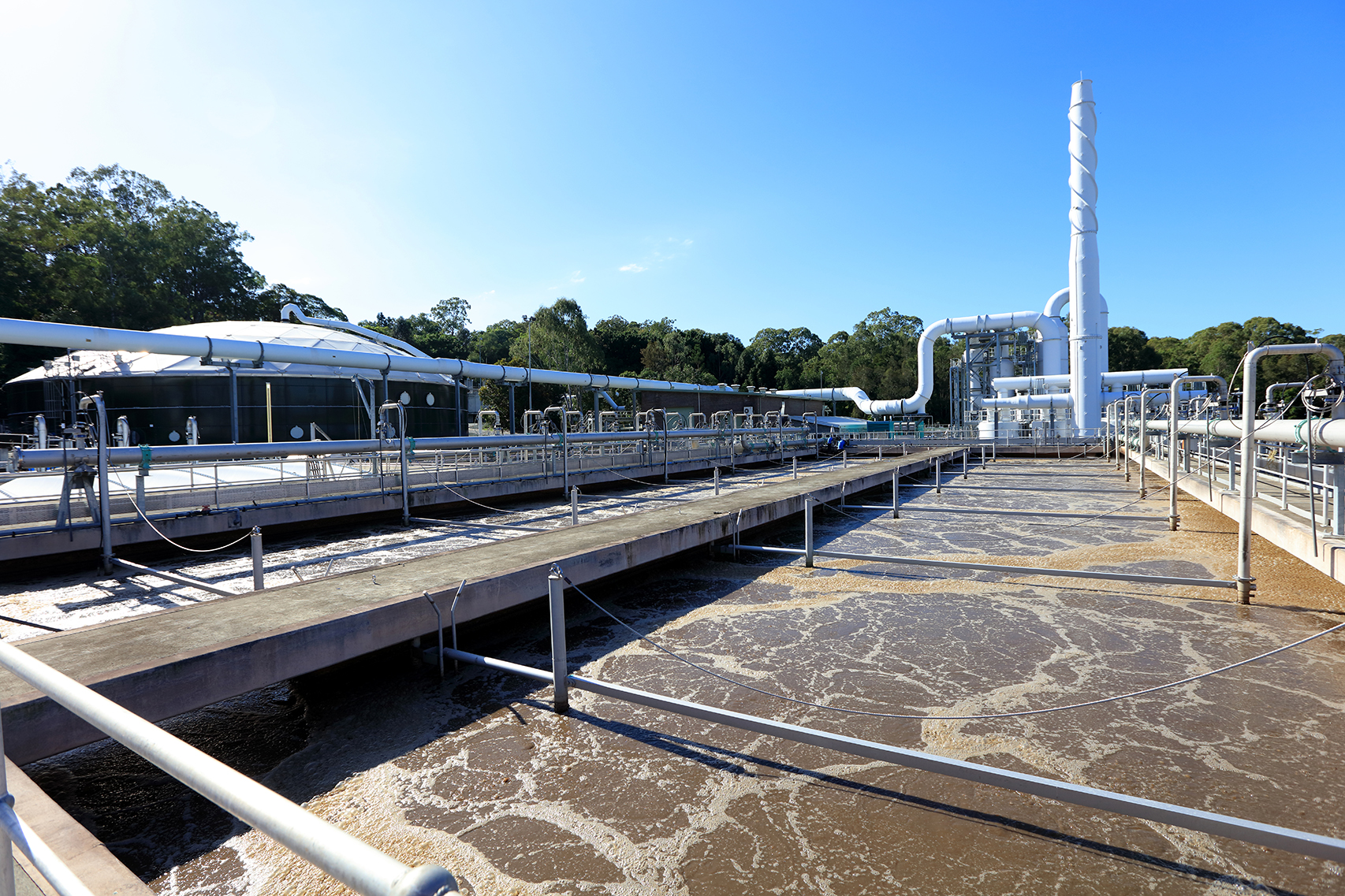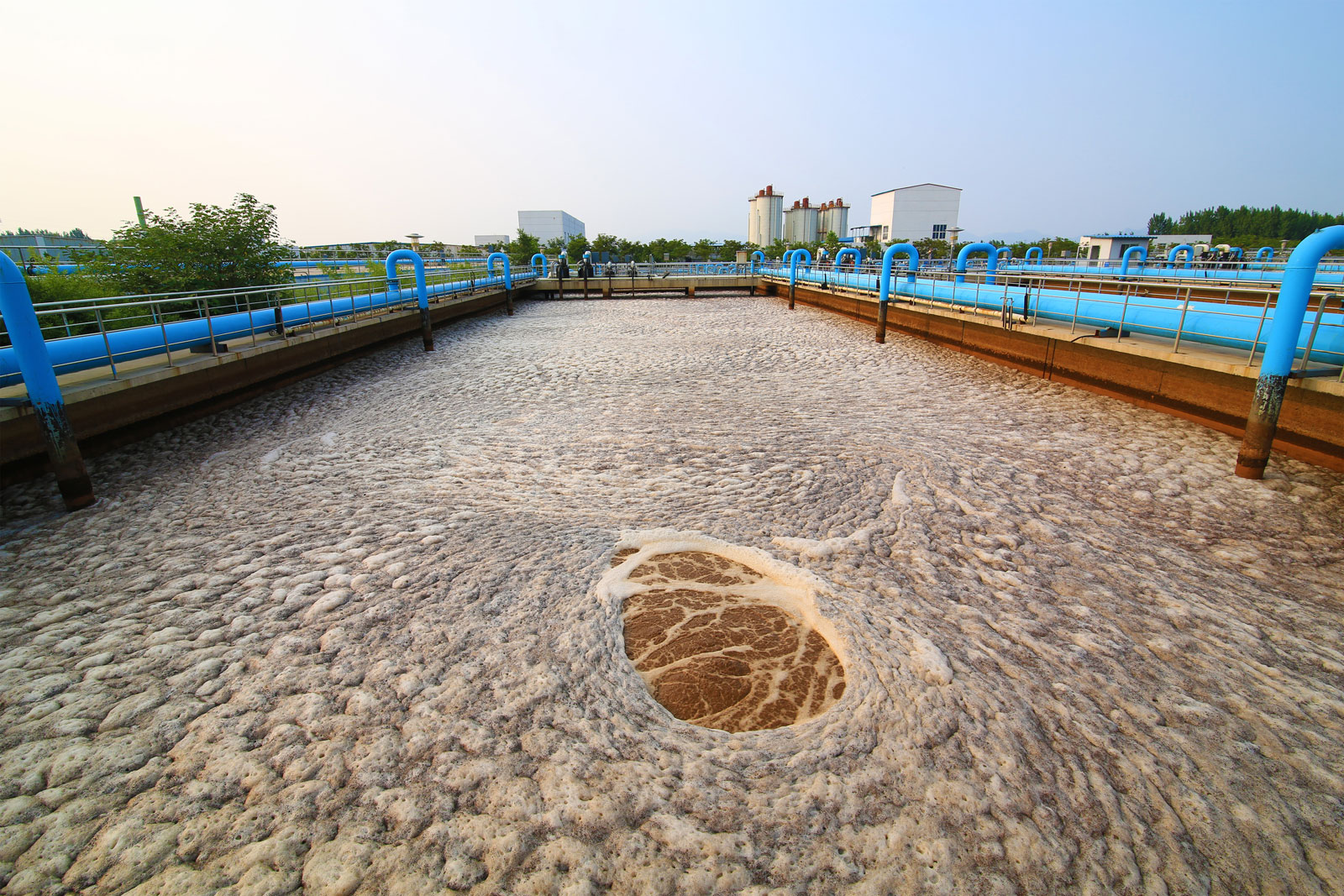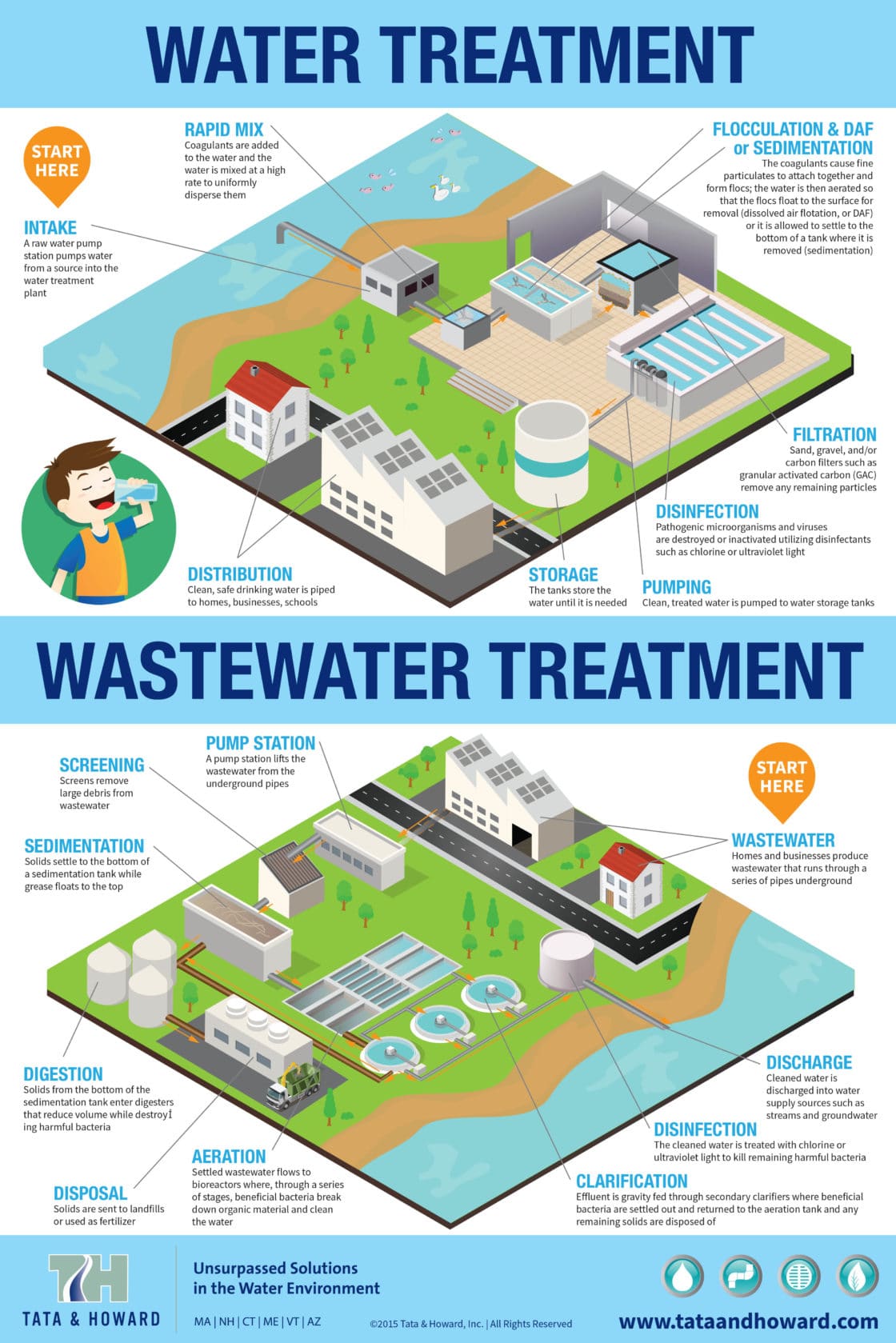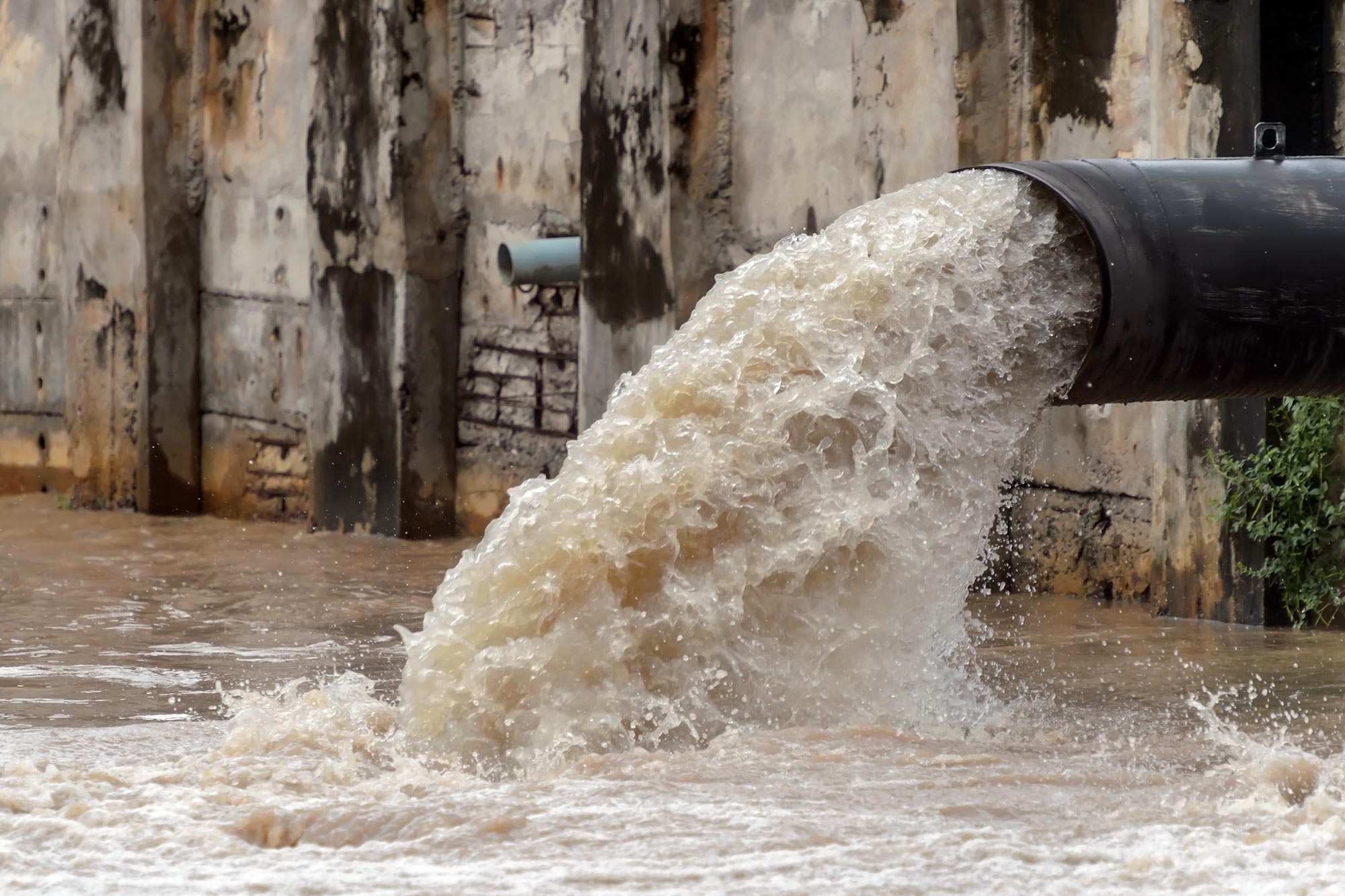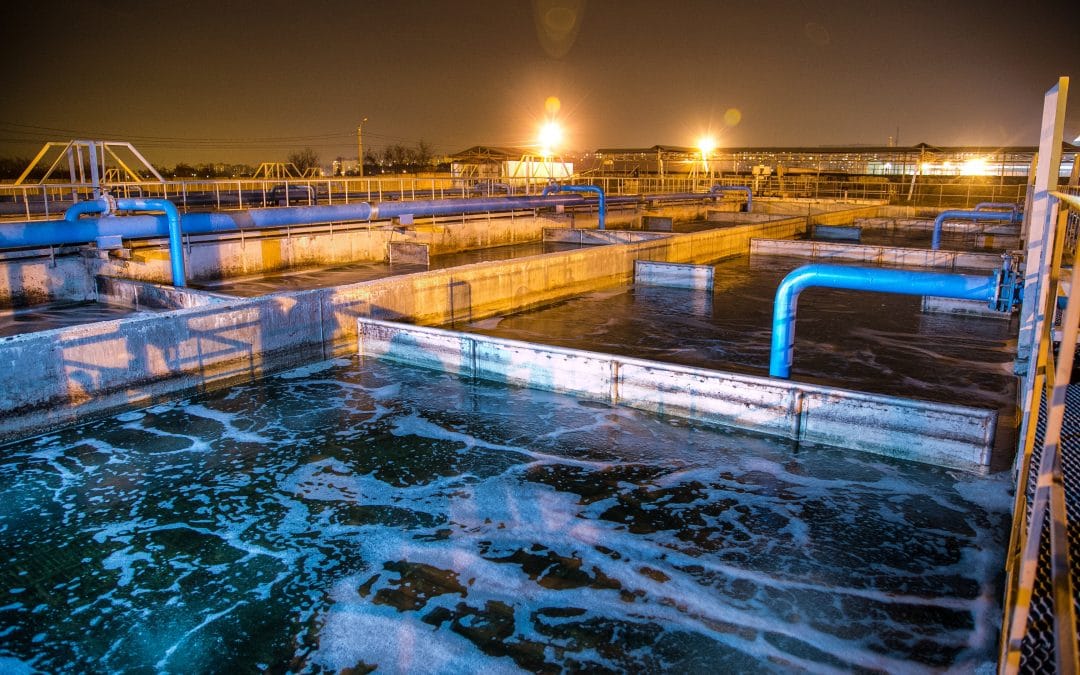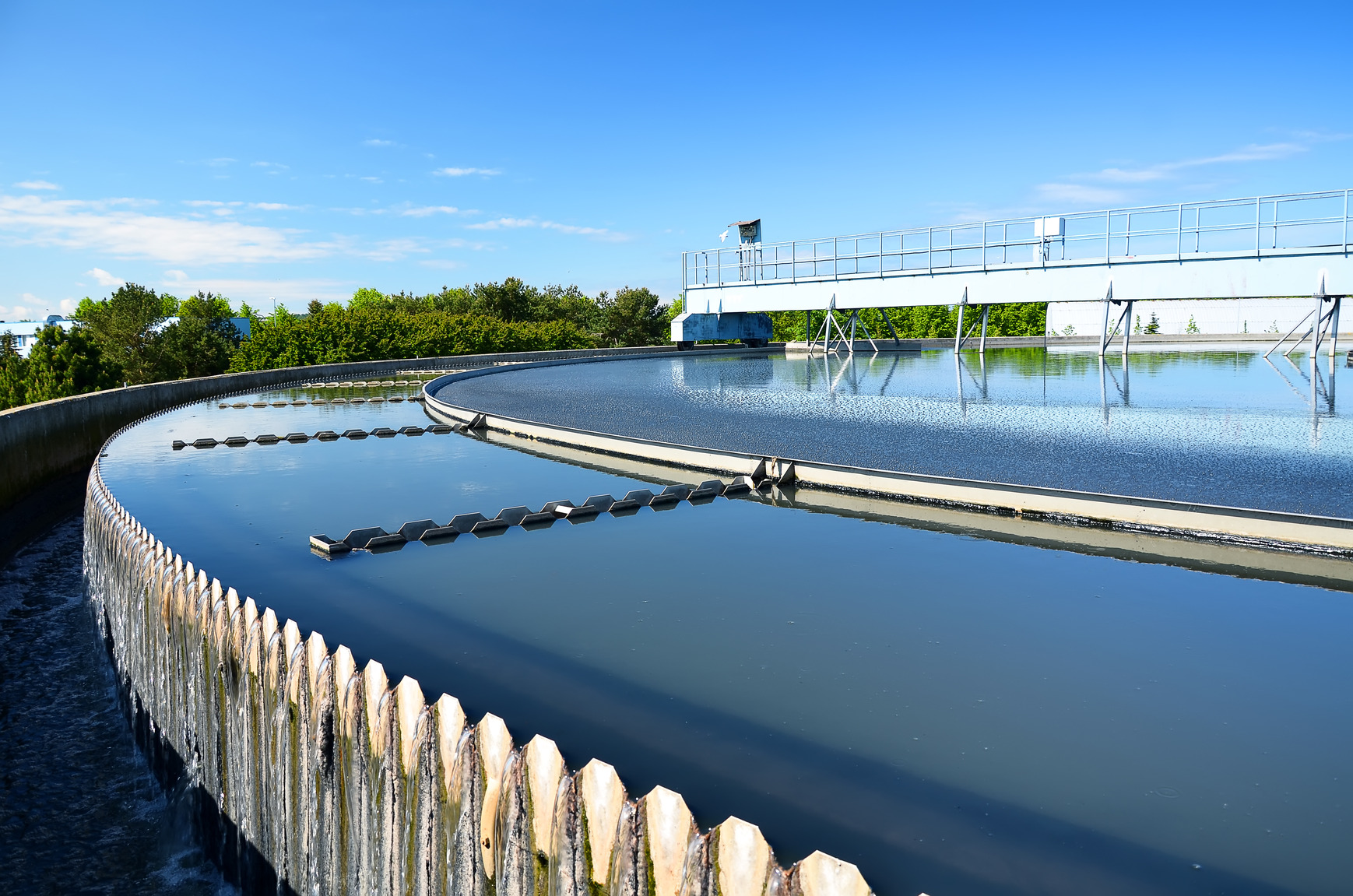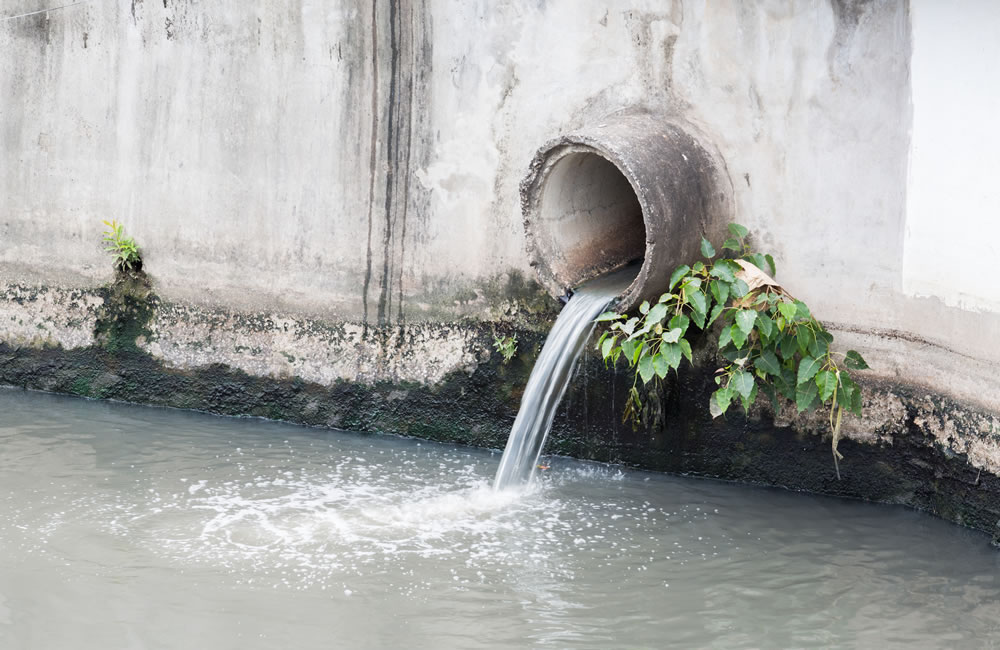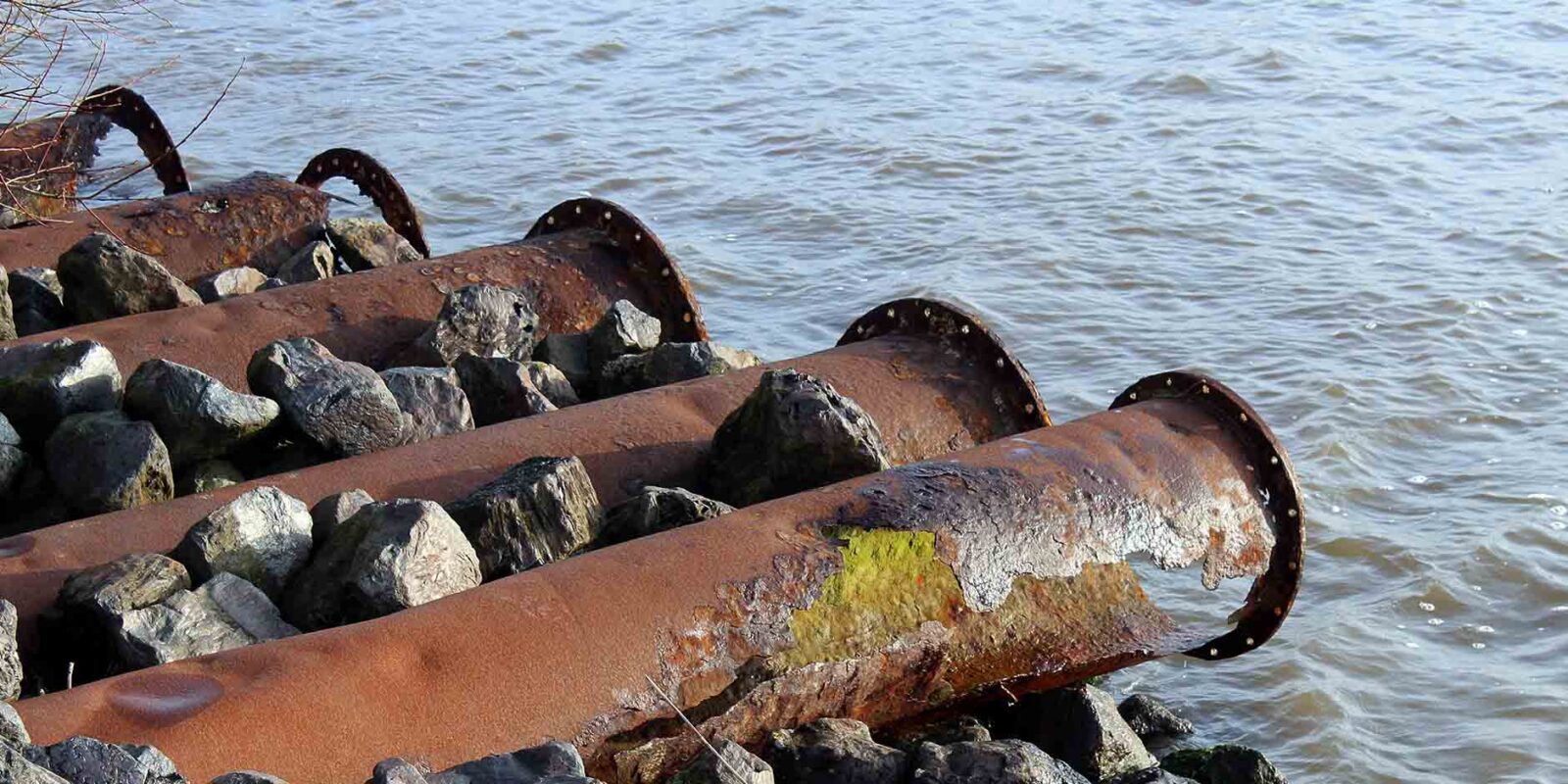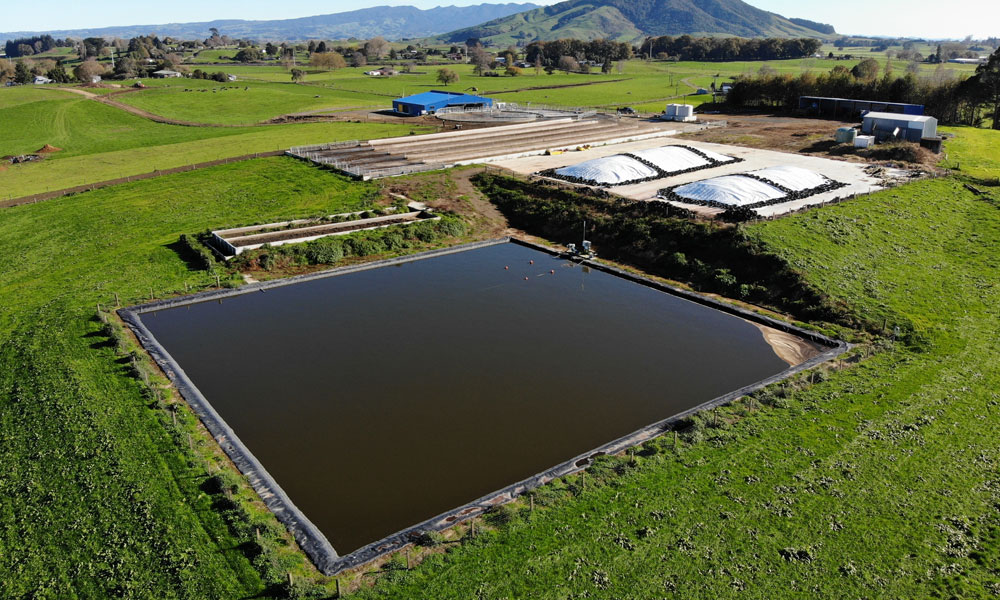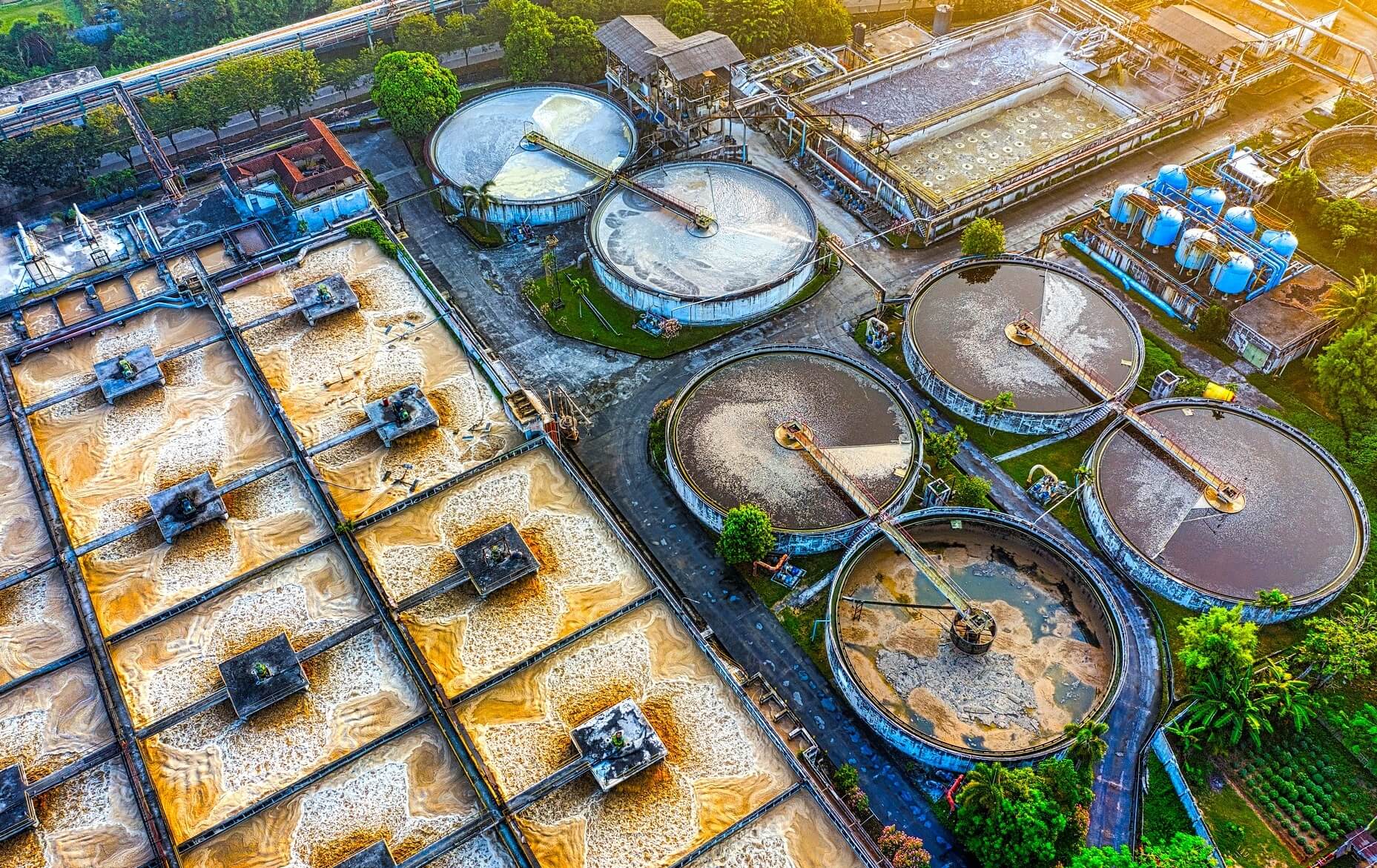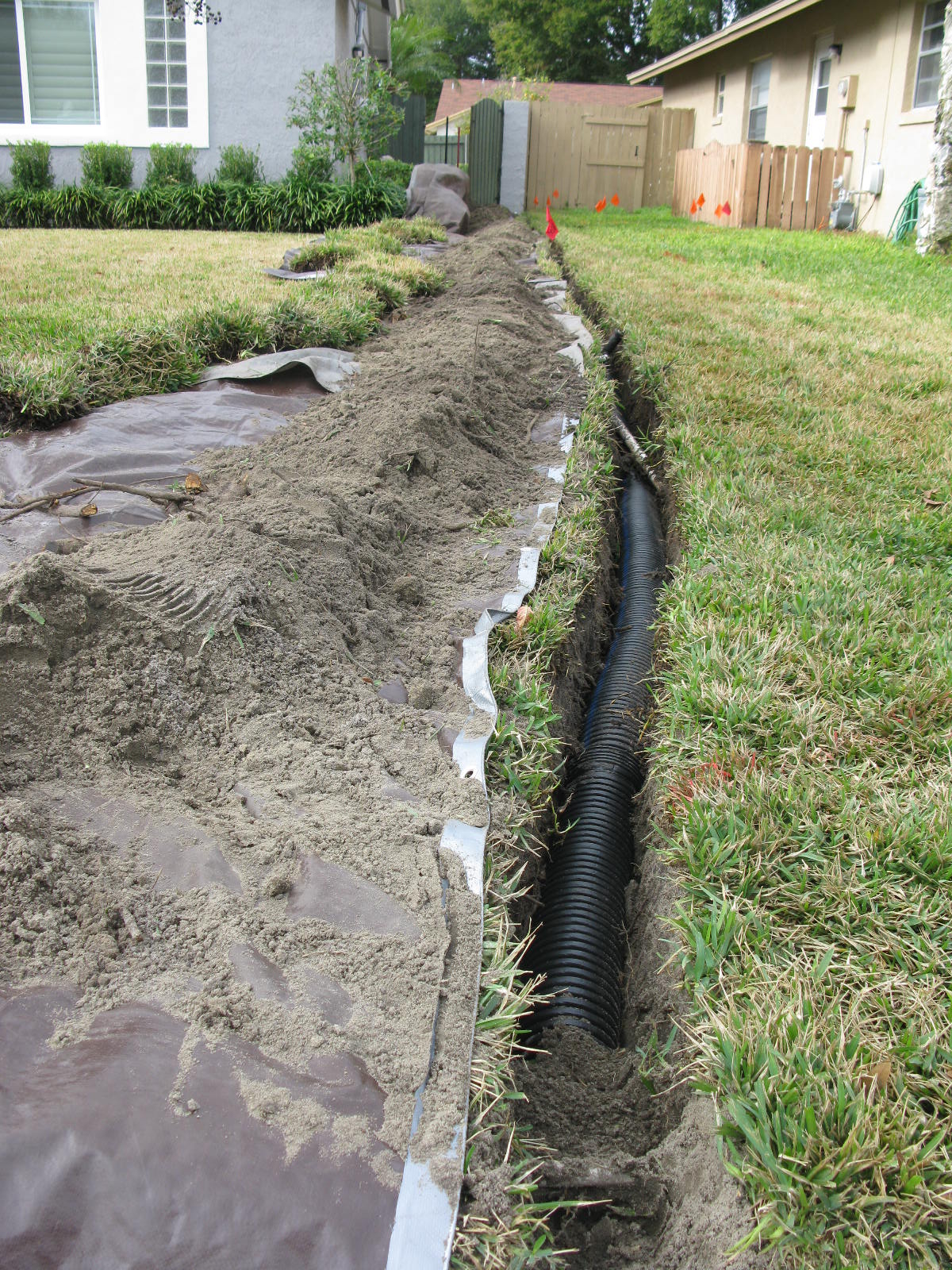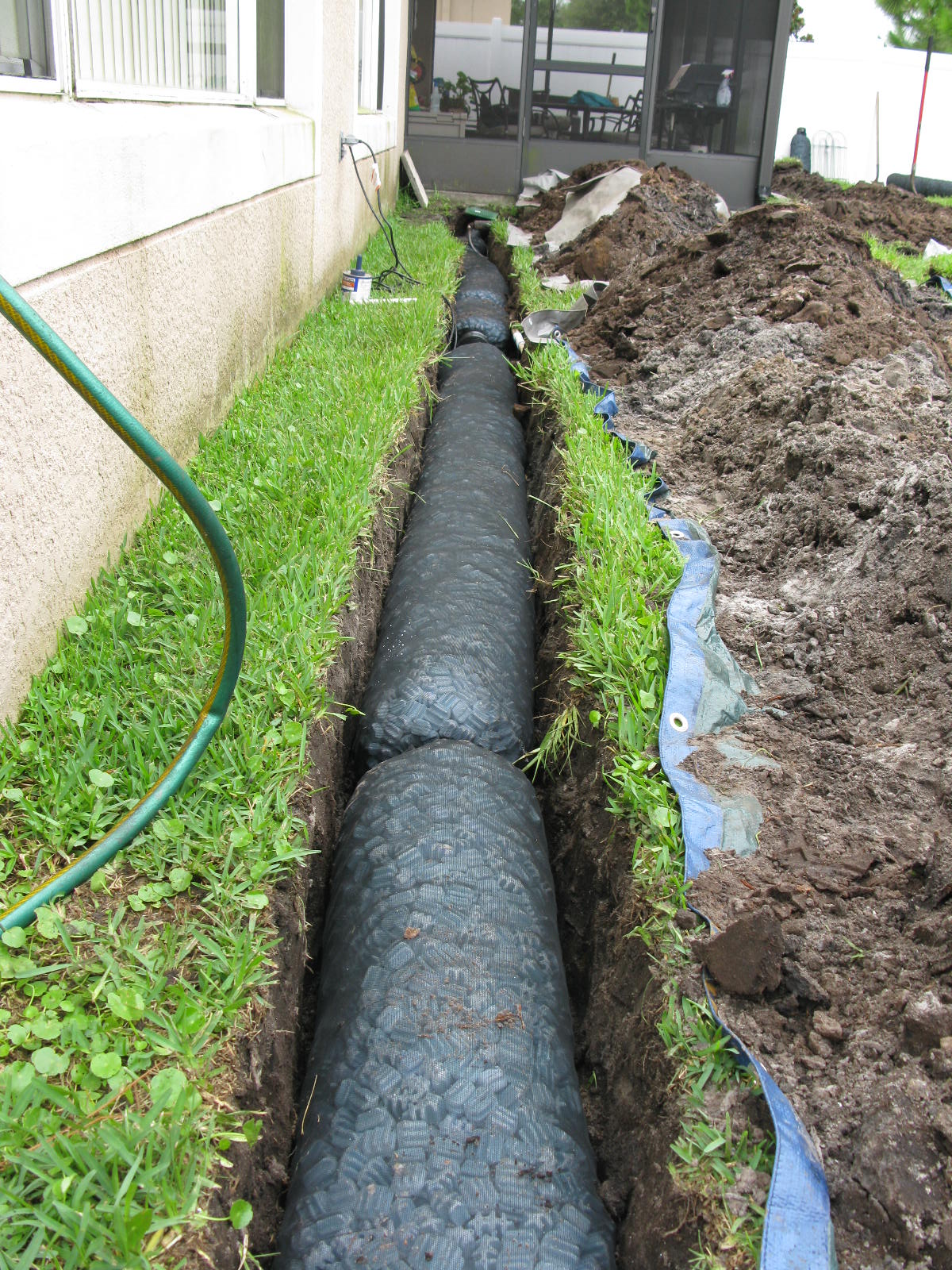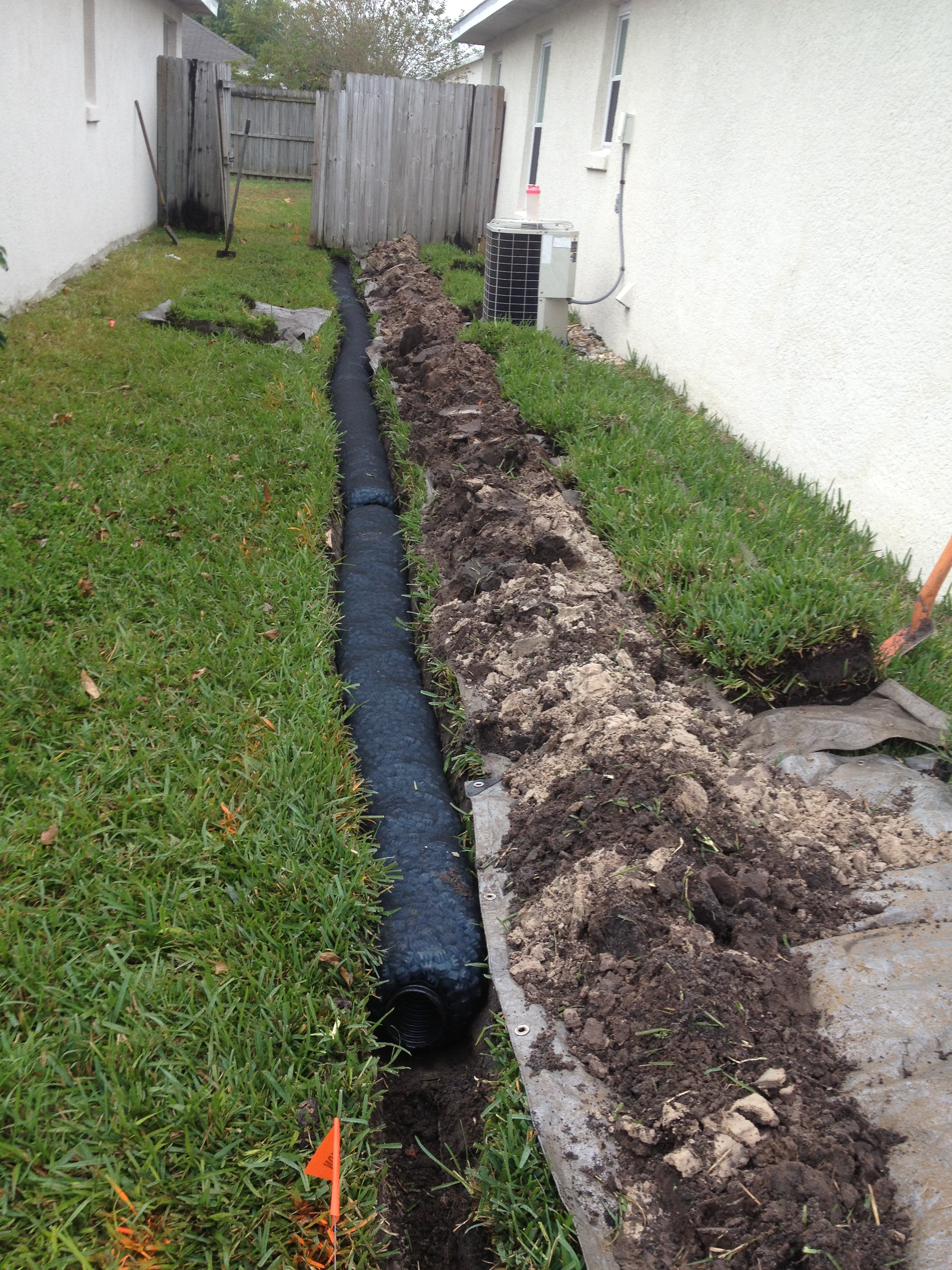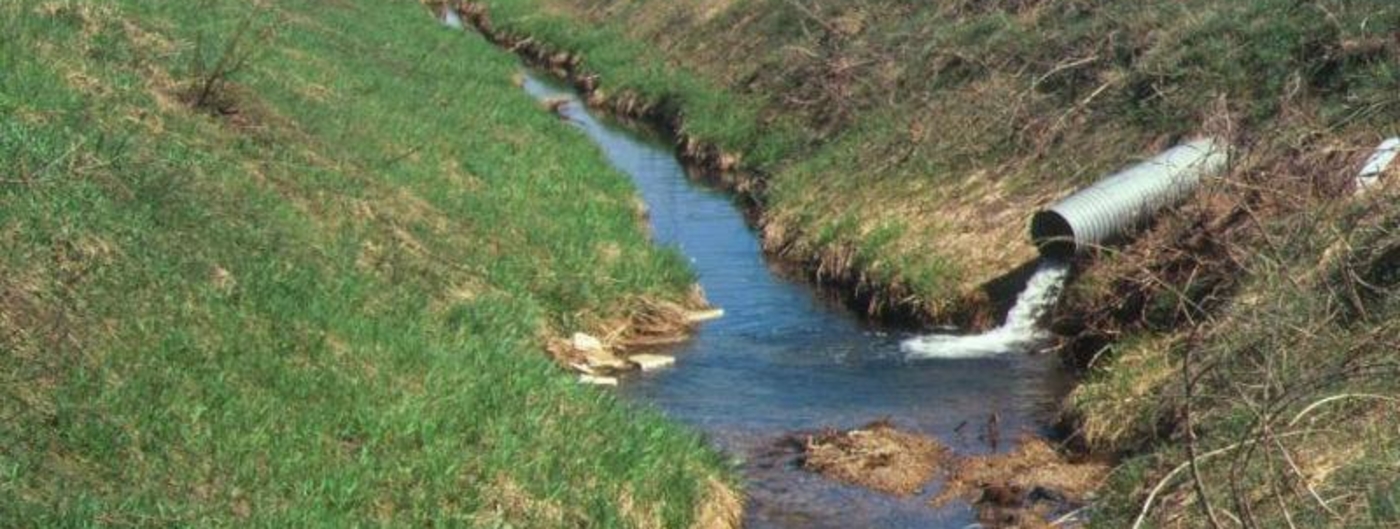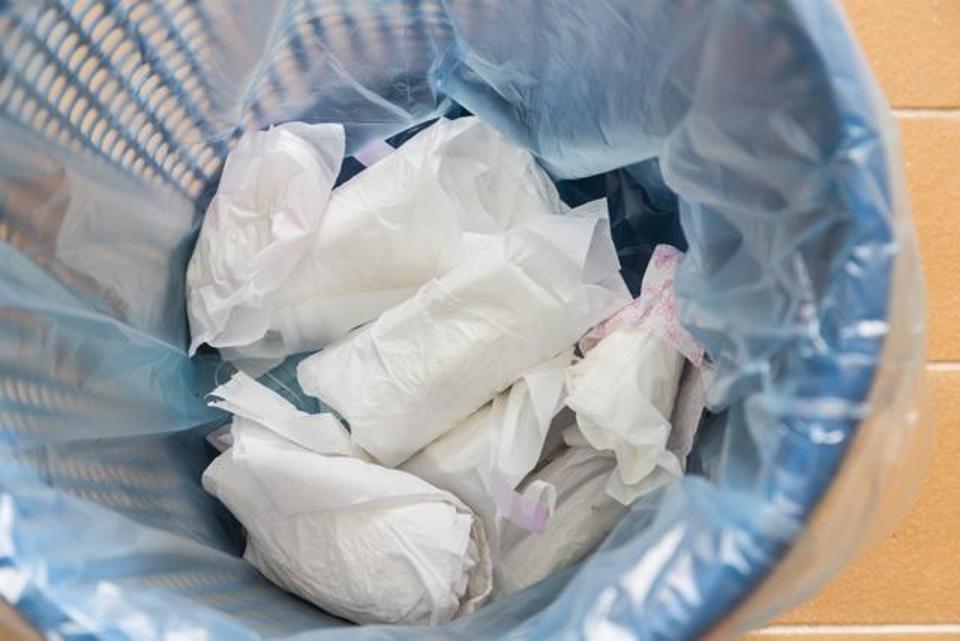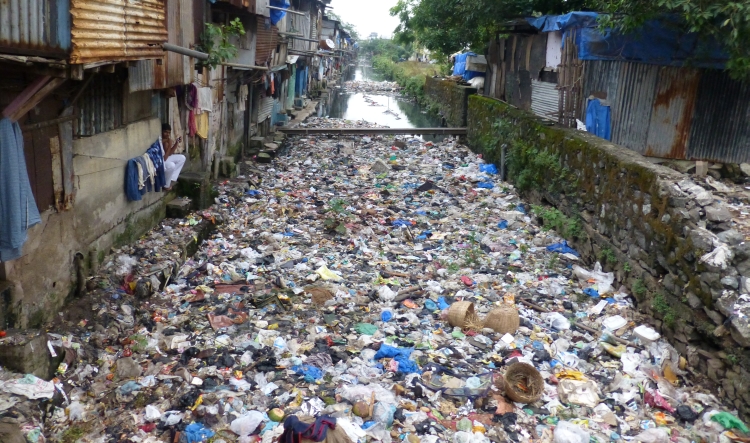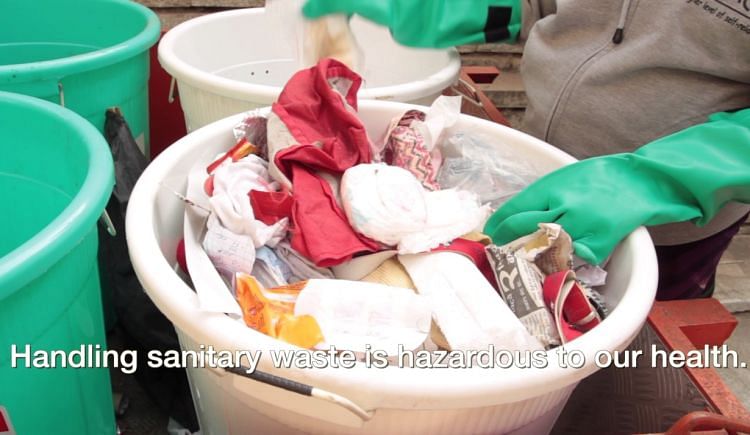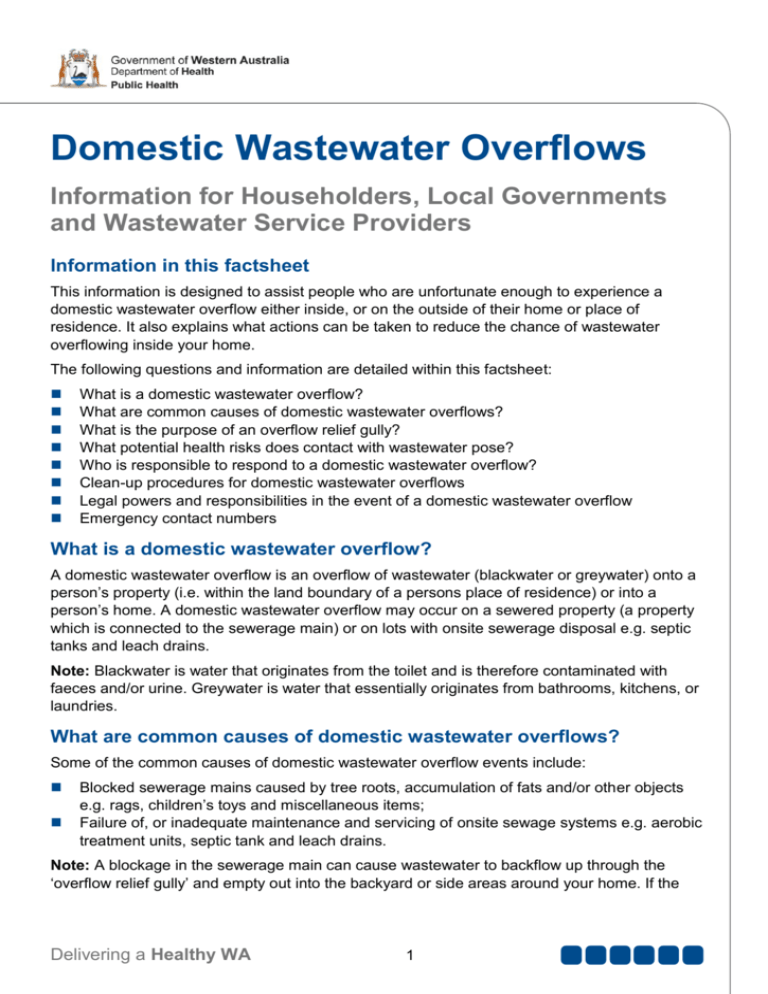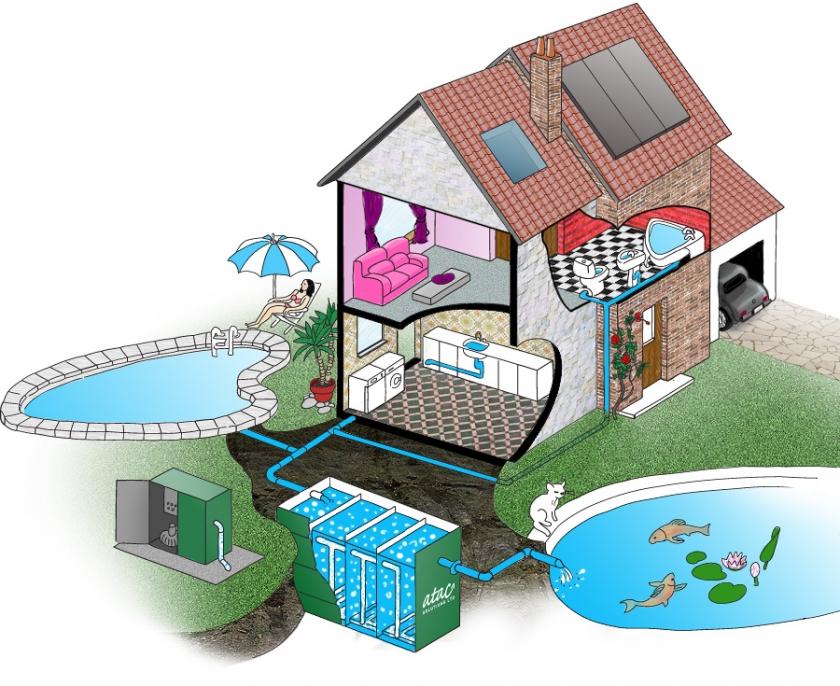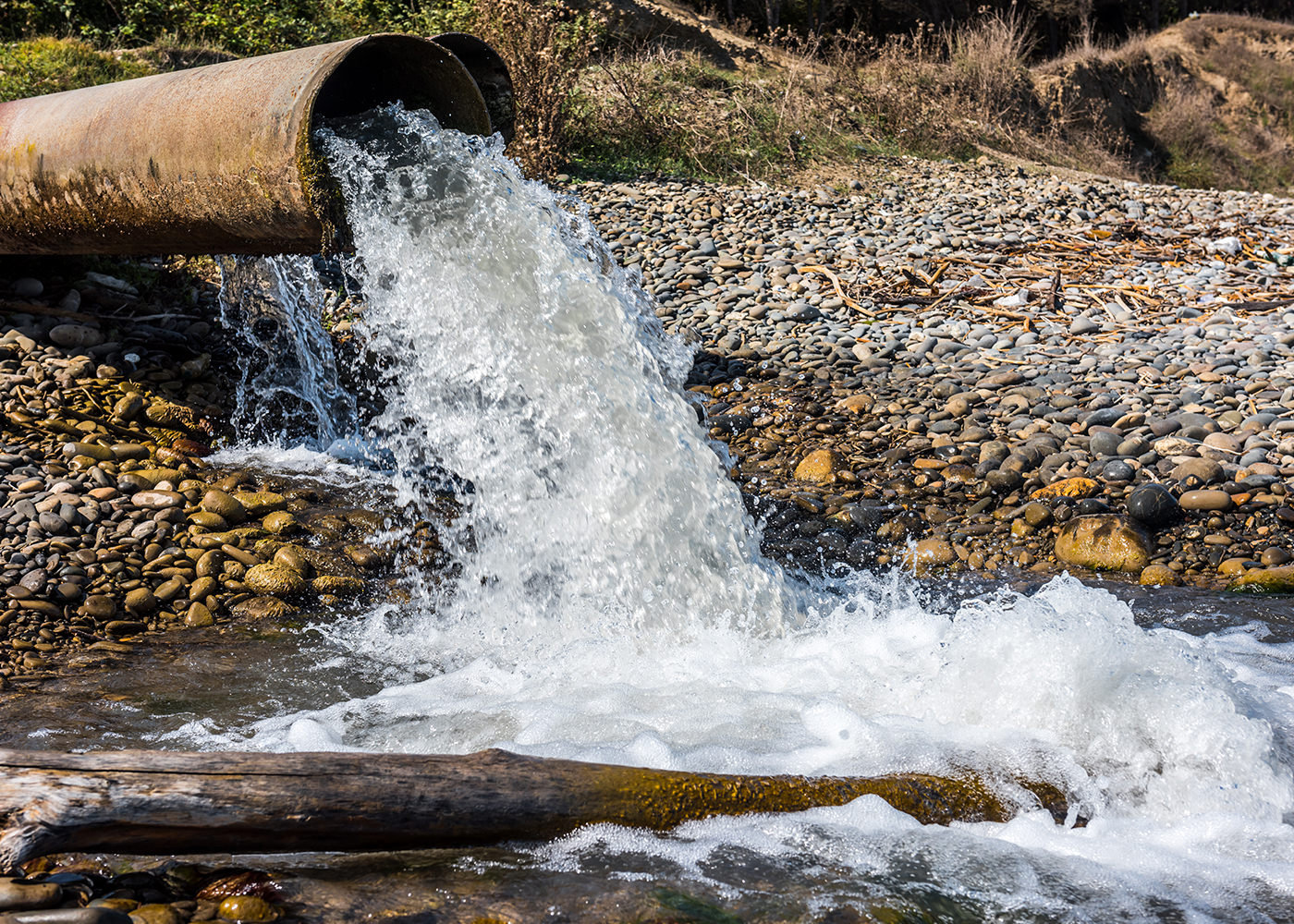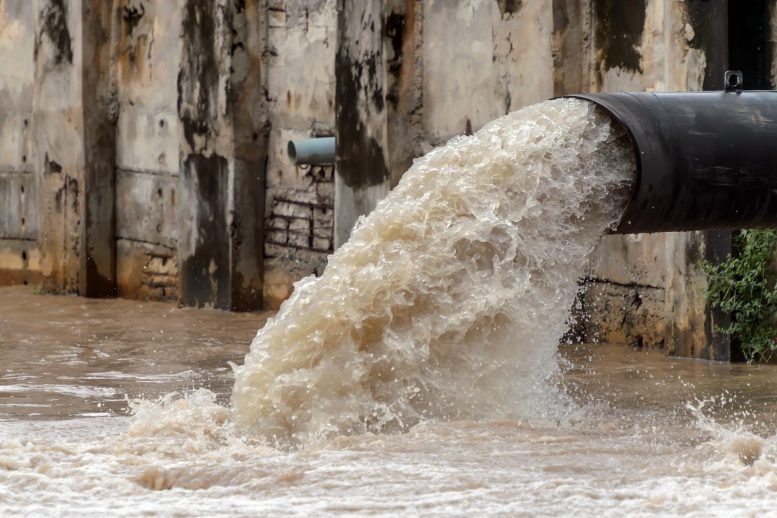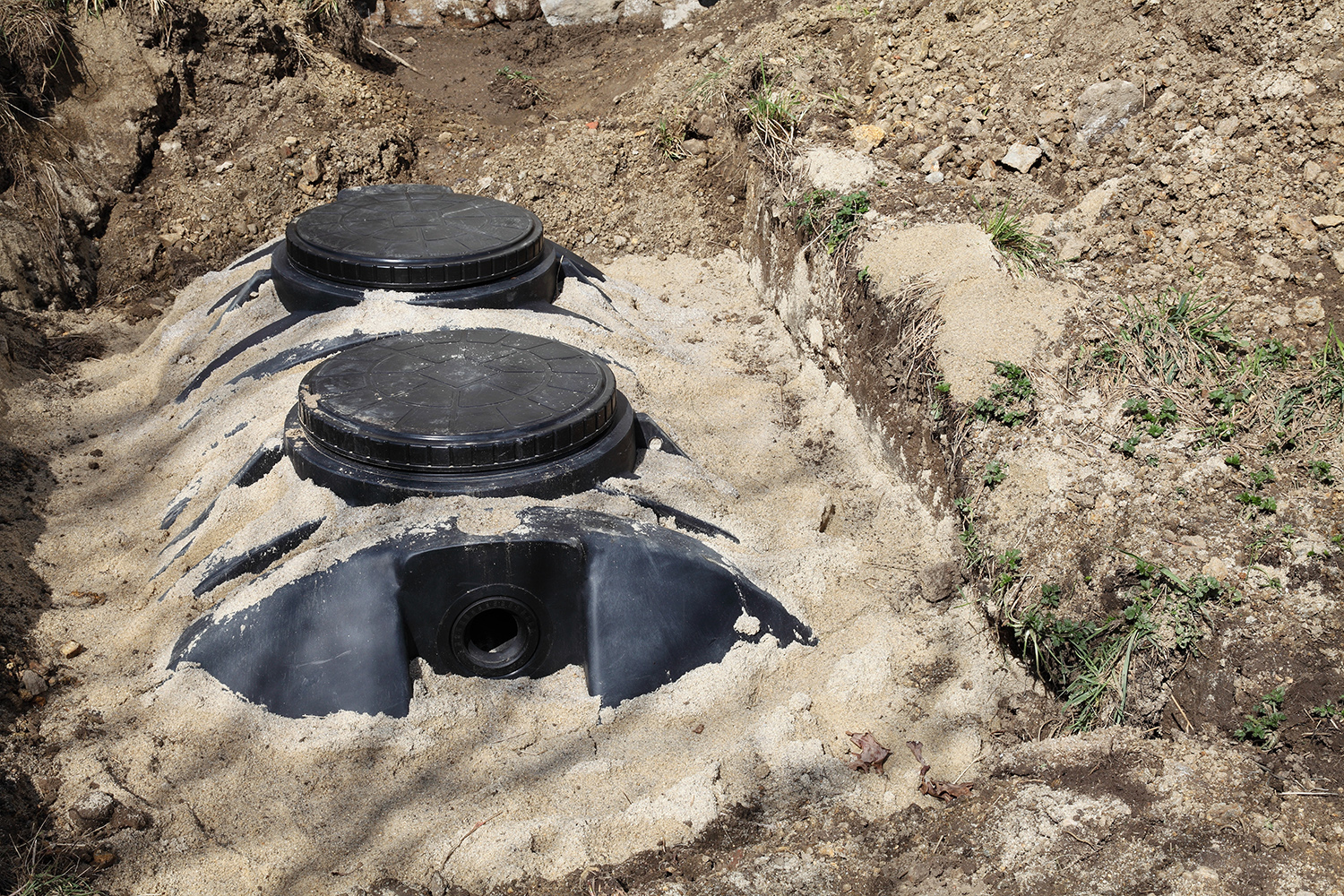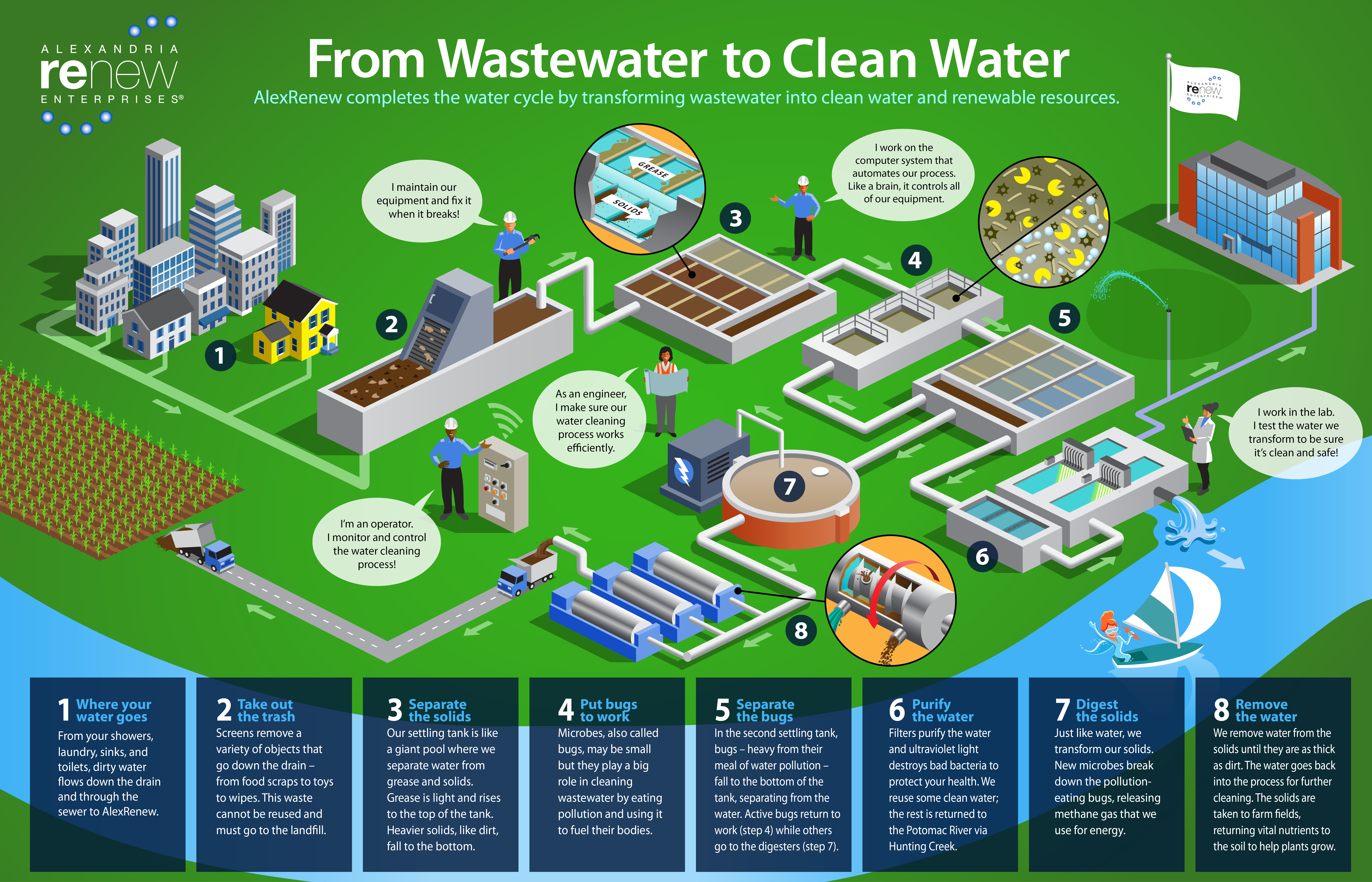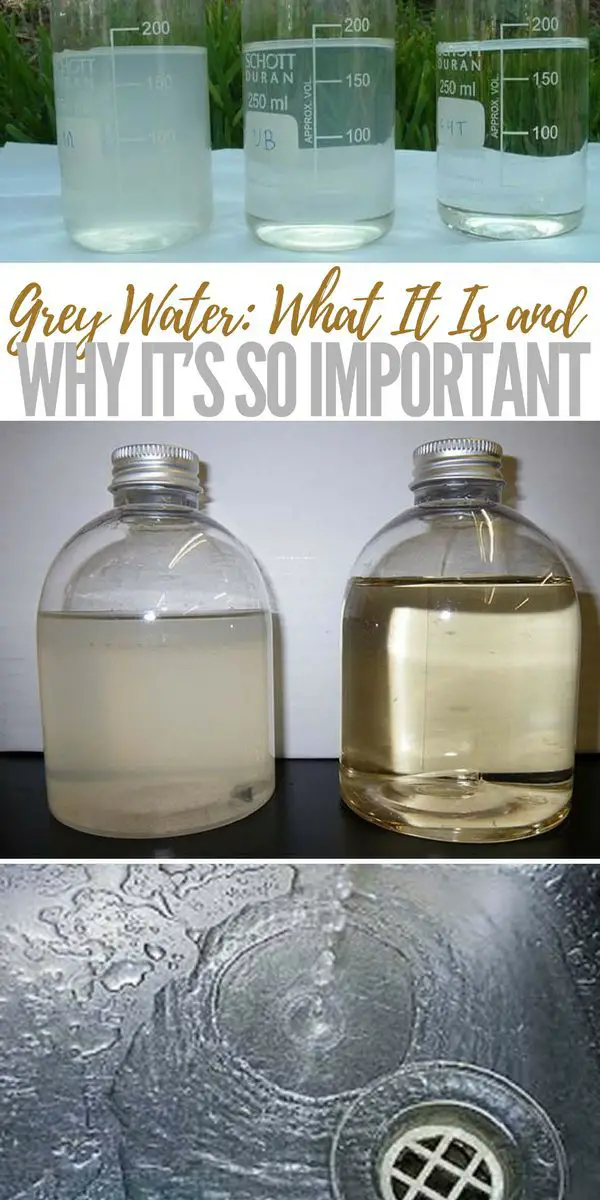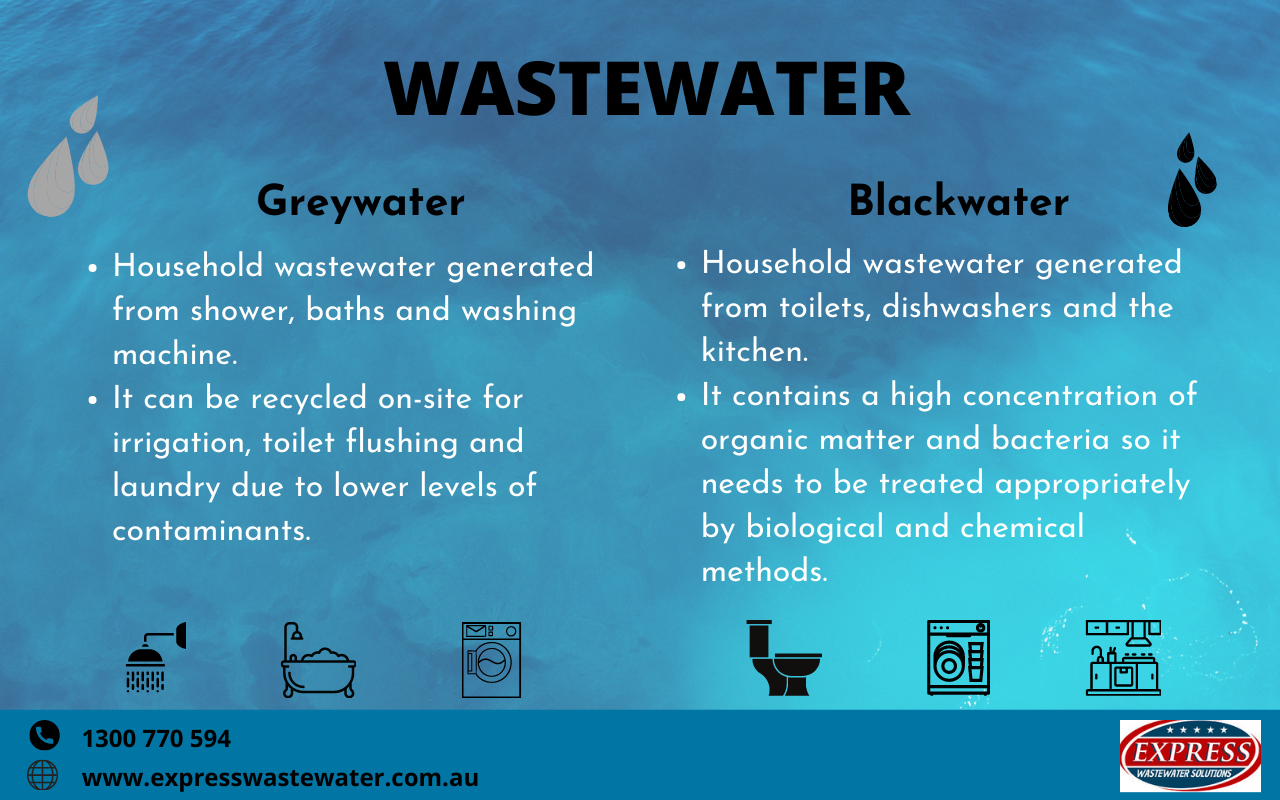Greywater is the term used to describe the wastewater generated from household activities such as washing dishes, laundry, and bathing. It is different from sewage or blackwater because it does not contain any human waste. Greywater can be reused for non-potable purposes, making it an important resource in sustainable living.Greywater
Sewage refers to the wastewater that contains both human and household waste. It is collected through the sewage system and treated before being discharged into the environment. Sewage can also be used for energy production through processes such as anaerobic digestion and biogas production.Sewage
Wastewater is a general term used to describe any water that has been used and contains impurities. It can include both greywater and sewage, as well as other types of wastewater such as industrial and agricultural wastewater. Wastewater treatment is necessary to remove harmful substances and make it safe for the environment.Wastewater
Effluent is the treated wastewater that is released back into the environment after undergoing a treatment process. It can come from various sources such as sewage treatment plants, industrial facilities, and agricultural operations. Effluent must meet certain quality standards before it can be discharged into rivers, lakes, or oceans.Effluent
Drainage is the process of removing excess water from an area to prevent flooding or water damage. It can also refer to the system of pipes, channels, and ditches that are used to collect and transport wastewater away from homes and buildings. Proper drainage is essential for maintaining the health and safety of communities.Drainage
Sanitary waste is any waste that is produced in the process of maintaining personal hygiene or health. This can include items such as used tissues, sanitary products, and medical waste. Proper disposal of sanitary waste is crucial for preventing the spread of diseases and protecting the environment.Sanitary waste
Domestic wastewater is another term for household wastewater. It includes greywater and sewage and is generated from daily activities within a household. Proper management of domestic wastewater is essential for protecting public health and the environment.Domestic wastewater
Household wastewater is similar to domestic wastewater and refers to the water used in and around a home. It can also include water from outdoor activities such as gardening and car washing. Household wastewater can be a valuable resource when properly treated and reused.Household wastewater
Gray water is another term used to describe greywater. It is a sustainable alternative to using potable water for non-potable purposes such as irrigation and toilet flushing. Gray water can also be used for other purposes such as laundry and cleaning, reducing the strain on freshwater resources.Gray water
Blackwater is the opposite of greywater and refers to wastewater that contains human waste. It is mostly generated from toilets and must be treated before being discharged into the environment. Blackwater can be a source of pathogens and pollutants, making proper treatment and disposal essential for public health and environmental protection.Blackwater
The Importance of Proper Wastewater Management in House Design

The Wastewater from Kitchen, Bath, and More
 When designing a house, there are many important factors to consider such as layout, materials, and aesthetics. However, one crucial aspect that is often overlooked is wastewater management. The wastewater from kitchen, bath, and other household activities is commonly referred to as "greywater". This term includes all non-toilet wastewater that is generated in a household, such as from sinks, showers, and washing machines.
Properly managing greywater is crucial for both the environment and human health.
Greywater contains a variety of contaminants such as soap, oils, and food particles that can harm plants, animals, and humans if not treated correctly. Additionally, if greywater is not managed efficiently, it can lead to unpleasant odors, clogged pipes, and even attract pests.
When designing a house, there are many important factors to consider such as layout, materials, and aesthetics. However, one crucial aspect that is often overlooked is wastewater management. The wastewater from kitchen, bath, and other household activities is commonly referred to as "greywater". This term includes all non-toilet wastewater that is generated in a household, such as from sinks, showers, and washing machines.
Properly managing greywater is crucial for both the environment and human health.
Greywater contains a variety of contaminants such as soap, oils, and food particles that can harm plants, animals, and humans if not treated correctly. Additionally, if greywater is not managed efficiently, it can lead to unpleasant odors, clogged pipes, and even attract pests.
The Environmental Impact
 When greywater is not properly managed, it can end up in our waterways and cause harm to aquatic life. The chemicals and bacteria in greywater can disrupt the delicate balance of ecosystems, leading to the decline of plants and animals. Greywater can also seep into the ground and contaminate groundwater sources, which can be a source of drinking water for many communities.
By implementing proper wastewater management in house design, we can reduce the amount of pollution and protect our precious water resources.
This not only benefits the environment but also helps to create a healthier and more sustainable living environment for humans.
When greywater is not properly managed, it can end up in our waterways and cause harm to aquatic life. The chemicals and bacteria in greywater can disrupt the delicate balance of ecosystems, leading to the decline of plants and animals. Greywater can also seep into the ground and contaminate groundwater sources, which can be a source of drinking water for many communities.
By implementing proper wastewater management in house design, we can reduce the amount of pollution and protect our precious water resources.
This not only benefits the environment but also helps to create a healthier and more sustainable living environment for humans.
The Health Concerns
 In addition to the environmental impact, greywater can also pose health risks to humans. The bacteria and chemicals in greywater can cause skin irritation, respiratory issues, and other health problems when exposed to humans. This is especially concerning for those with weakened immune systems or allergies.
Properly managing greywater in house design is essential for protecting the health and well-being of the residents.
By implementing simple and effective systems, such as greywater treatment and reuse, we can minimize the health risks associated with greywater and create a safer living environment for everyone.
In addition to the environmental impact, greywater can also pose health risks to humans. The bacteria and chemicals in greywater can cause skin irritation, respiratory issues, and other health problems when exposed to humans. This is especially concerning for those with weakened immune systems or allergies.
Properly managing greywater in house design is essential for protecting the health and well-being of the residents.
By implementing simple and effective systems, such as greywater treatment and reuse, we can minimize the health risks associated with greywater and create a safer living environment for everyone.
In Conclusion
 In conclusion, the wastewater from kitchen, bath, and other household activities should not be overlooked when designing a house.
Properly managing greywater is crucial for protecting the environment, human health, and creating a sustainable living environment.
By incorporating efficient greywater management systems into house design, we can reduce pollution, protect our water resources, and promote a healthier and more sustainable way of living. So, the next time you are designing a house, don't forget about the importance of proper wastewater management.
In conclusion, the wastewater from kitchen, bath, and other household activities should not be overlooked when designing a house.
Properly managing greywater is crucial for protecting the environment, human health, and creating a sustainable living environment.
By incorporating efficient greywater management systems into house design, we can reduce pollution, protect our water resources, and promote a healthier and more sustainable way of living. So, the next time you are designing a house, don't forget about the importance of proper wastewater management.


